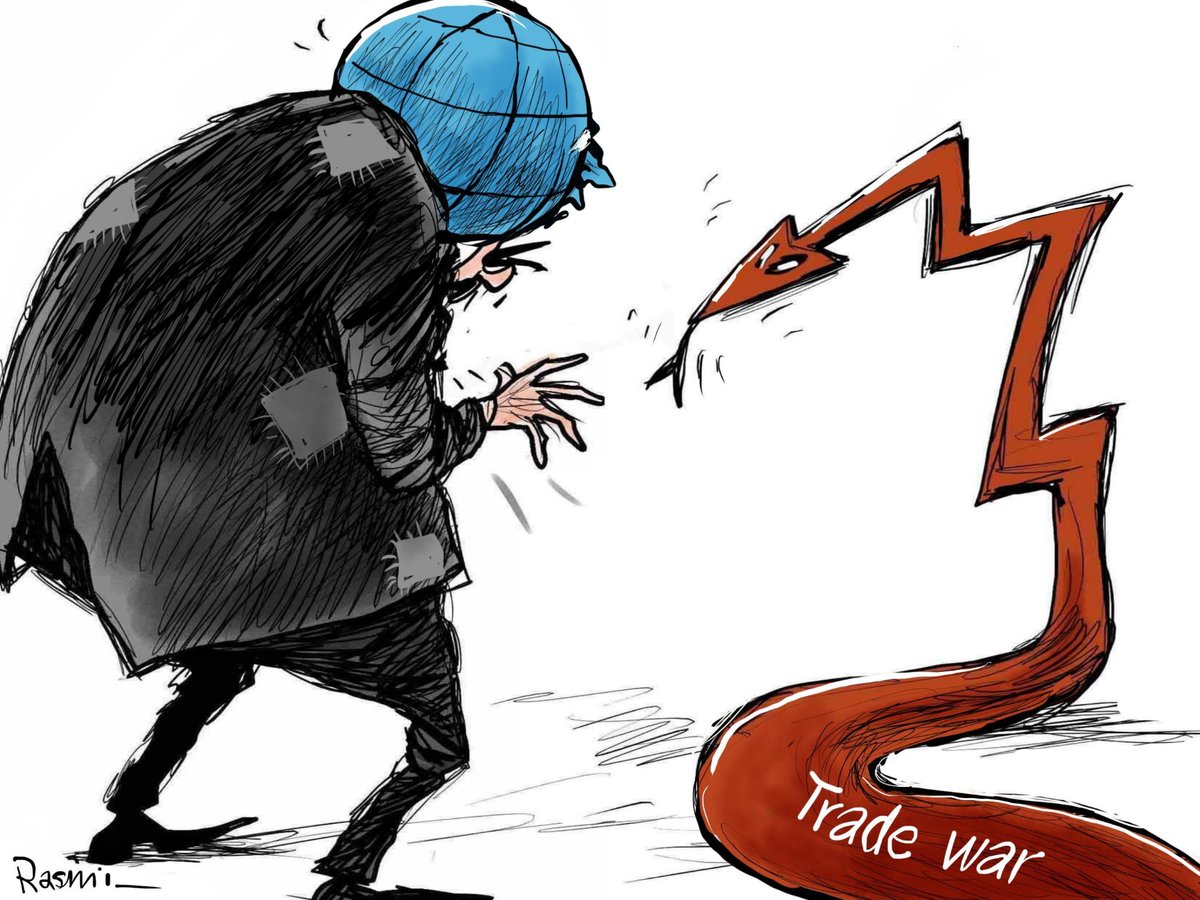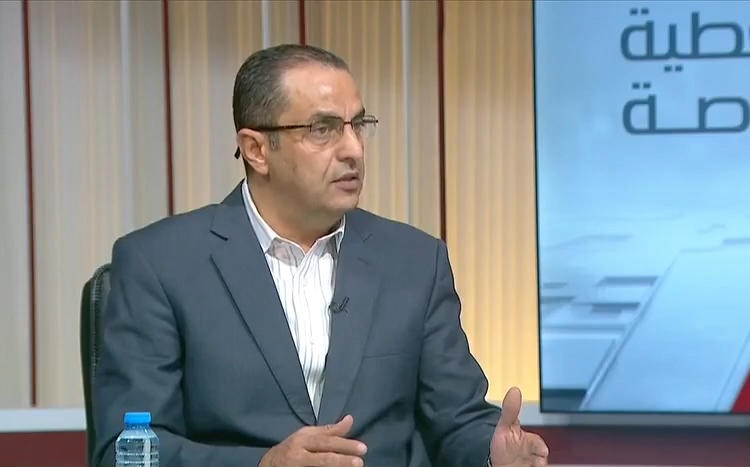Can Israel Change The Middle East?
By Mohammad Abu Rumman
In the short term, Israel is no longer in a hurry to normalise relations with Saudi Arabia, which it considers the grand prize in the Islamic world. Although its leaders view normalization as necessary, indeed inevitable, over the long run, what Netanyahu and his team currently see is an unprecedented historical opportunity that has not occurred since the founding of the State of Israel. They are thus pushing to implement sweeping and profound changes to the Palestinian situation, through displacement, expulsion, settlement expansion, annexation, and the Judaization of Jerusalem, from Gaza to Jerusalem and the West Bank. For the Israeli right, these policies take precedence over any other strategic interests.
It is not only about the Palestinians. The Israeli right’s ambitions today extend to constructing new and unprecedented spheres of regional influence and redefining Israeli security. This includes striking at any source of potential future threats and establishing Israel as the dominant regional power.
There are three key variables that must be taken into account when analyzing the current geopolitical shifts and the repercussions of Israel’s war on Gaza, not only in terms of the Palestinian issue, but also on a regional and global scale.
The first variable can be described as “Political Netanyahuism.” Today’s Israel is no longer the Israel of the past—this marks the era of Benjamin Netanyahu, especially post-Operation “Al-Aqsa Flood.” This era has unleashed the historical project of the Israeli right-wing in full force, with no intention of reversing course. The key features of this project include, first, a complete abandonment of the peace process, a rejection of the Oslo Accords and their consequences, and the annexation of large parts of the West Bank—effectively nullifying the Palestinian Authority’s political relevance and perhaps returning to a system of disconnected “cantons.” Additionally, this entails the Judaiztion of Jerusalem. Second, Netanyahuism is reflected in a complete structural shift of Israel toward the right, with the near-total erosion of the secular-leftist stream in Israeli politics. Third, it involves the deep penetration of religious ideology into Israel’s security and military institutions, leading to their full domination by religious-nationalist elements.
Even if Netanyahu were to exit the political scene, this would not alter the course of these policies or shift current events. Israel post-Netanyahuism will not be the same as it was before. The historical Zionist dream persists—ideologically, strategically, and religiously—even if tactical approaches differ. This new political reality is not merely shaped by individuals like Itamar Ben Gvir and Bezalel Smotrich; rather, they are products of a broader environment and not anomalies within it.
The second variable is the major Arab strategic collapse—a process that began decades ago but reached a far more dangerous stage in the past 15 years, especially after so called “the Arab Spring”. The resulting transformations led to the fragmentation and collapse of numerous Arab states and the weakening of the entire Arab geopolitical map—in Syria, Iraq, Yemen, Sudan, and Libya. It now seems as though the Arab geopolitical landscape, shaped after World War I, is disintegrating. This has created a strategic opportunity for Israel to expand, particularly following the recent decline in Iran’s regional influence over the past year in the wake of the war on Gaza.
The third variable is the return of Donald Trump to the White House—this time accompanied by a team that is more Zionist and ideologically aligned with the Israeli right than ever before. The unprecedented genocide unfolding in Gaza, the (implicit) green light granted to settlers and Netanyahu’s government in the West Bank and Jerusalem, and the statements made by Trump’s team concerning Palestine, Iran, Lebanon, and Syria all suggest an unprecedented alliance—perhaps even an organic one—between a hardline right-wing American administration and an extremist Israeli right. Although US policies have historically been biased in favor of Israel, the situation has never reached this level of alignment and support.
These three variables together shape a new political landscape, they significantly impact Jordan’s strategic perspective on national interests and security and necessitate a reevaluation by political elites who previously believed that there were multiple factions within Israel with whom one could engage, or that American influence could constrain the Israeli right, or that an effective Arab strategic space could be mobilized to counter such dangerous transformations.
The writer is a columnist in the Jordan Times









